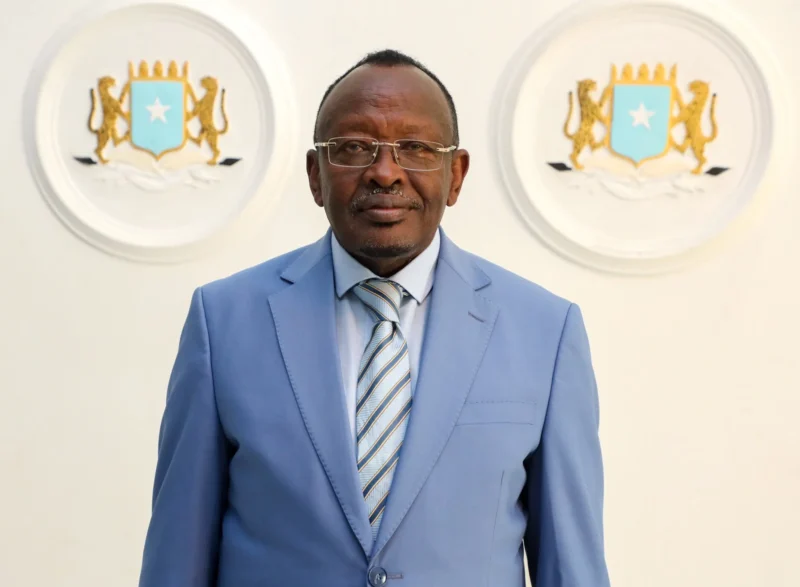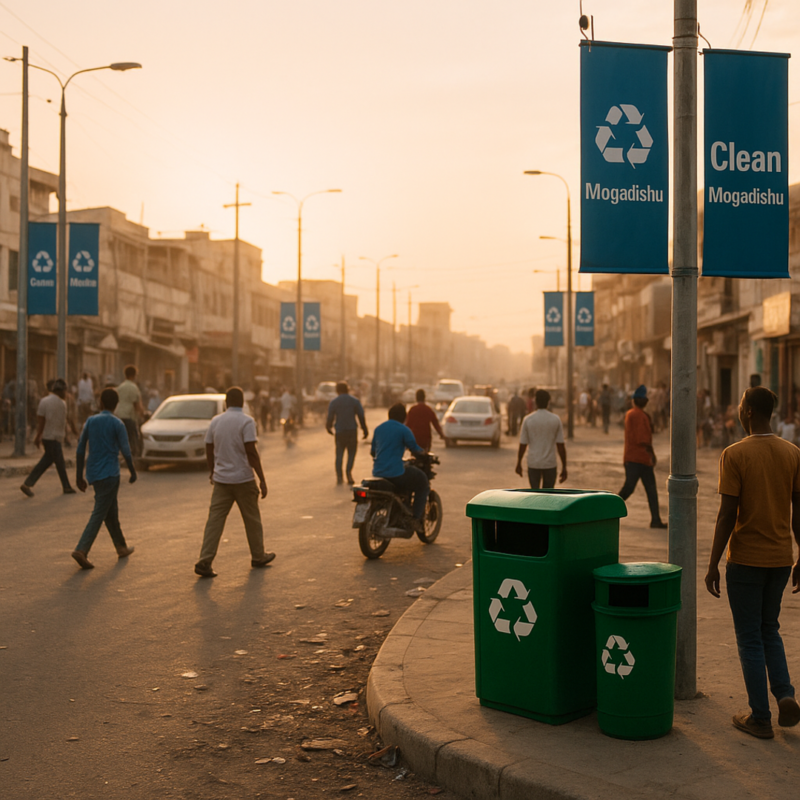Mogadishu, Somalia – Somalia’s Office of the Attorney General has announced a sweeping crackdown on defamation and divisive content, signaling a tougher stance against misinformation, hate speech, and online abuse that officials say threaten national cohesion and public trust.
The Attorney General’s office stated that individuals and media outlets spreading defamatory statements or publishing inflammatory material aimed at inciting hostility will face prosecution. The directive comes at a time when digital platforms and traditional media in Somalia have seen a rise in politically charged narratives and personal attacks against public officials, institutions, and community leaders.
Officials emphasized that while the government respects freedom of expression, the spread of unverified claims and targeted defamation poses a direct challenge to peacebuilding, reconciliation, and democratic progress. “Freedom of expression must be exercised responsibly,” a spokesperson for the Attorney General’s office said, underscoring that constitutional rights do not extend to content that damages reputations or fuels social division.
Civil society organizations have cautiously welcomed the move but urged authorities to ensure that the campaign does not stifle legitimate criticism or silence dissenting voices. Media watchdogs noted that Somalia’s fragile democratic environment requires a careful balance between protecting public figures from harmful defamation and safeguarding citizens’ right to scrutinize their leaders.
The crackdown aligns with broader government initiatives to strengthen the rule of law, promote accountability, and foster a climate of respect and tolerance in public discourse. Analysts say the step could reduce harmful propaganda and politically motivated smear campaigns, but its effectiveness will depend on transparent enforcement and judicial independence.
The Attorney General’s office confirmed that cases of defamation and divisive speech will now be prioritized in the courts, with penalties ranging from fines to imprisonment, depending on the severity of the offense.
This initiative marks one of the strongest legal responses yet to the rising tide of defamatory and polarizing rhetoric in Somalia, setting the stage for what could be a defining test of the country’s balance between free speech and responsible communication.




